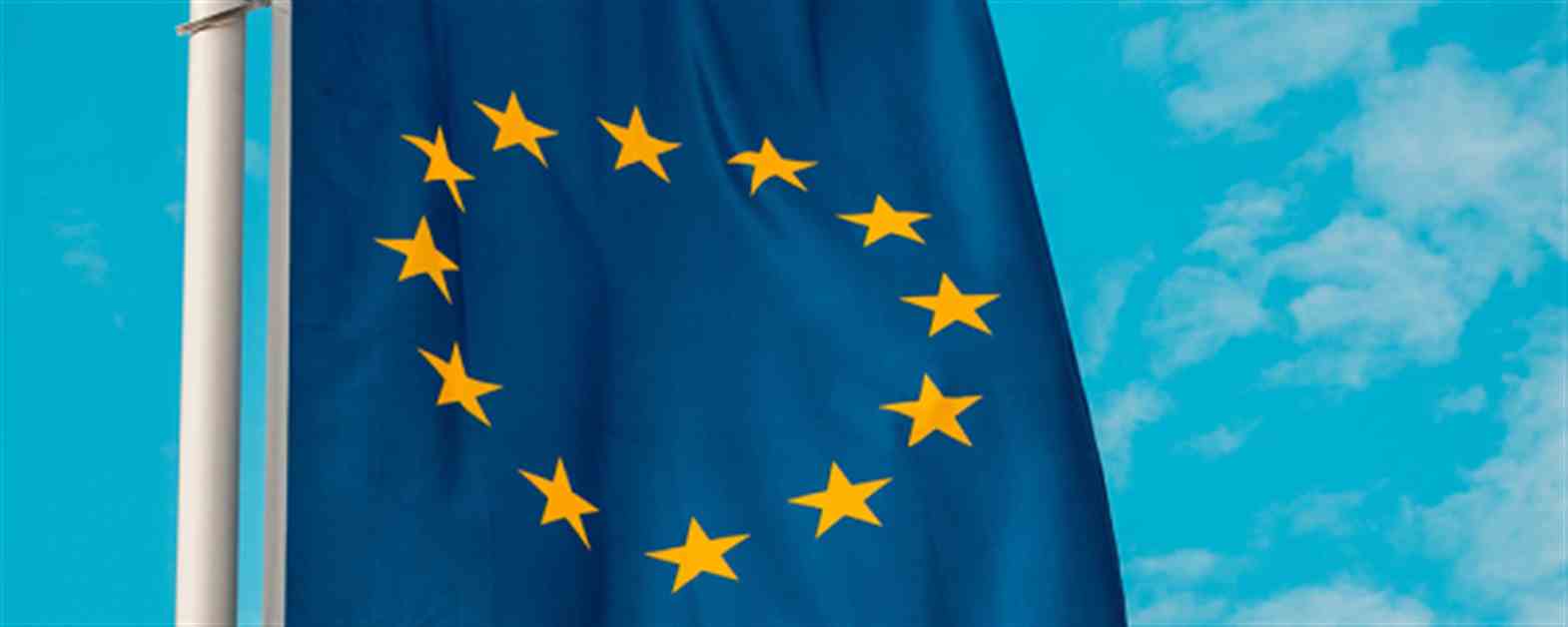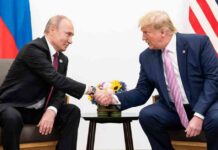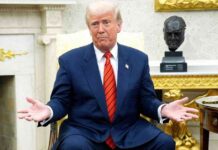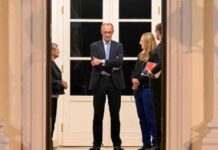Germany’s Influence in the European Union Declining Under the Traffic Light Coalition
In a recent European debate in the Bundestag, Gunther Krichbaum brought attention to Germany’s diminishing influence in the European Union under the traffic light coalition. The European policy spokesperson for the CDU/CSU faction criticized the federal government for its lack of commitment to Europe. With the upcoming European elections calling on around 360 million Europeans to vote, Krichbaum highlighted the internal disagreements among coalition partners leading to Germany abstaining from votes in Brussels ministerial councils. This behavior, known as the „German vote,“ is seen as a factor contributing to Germany’s decreasing influence in the EU. Krichbaum emphasized that without active participation from Germany, the country cannot effectively advocate for its own positions.
Furthermore, Krichbaum criticized the federal government for its absence in ministerial councils, particularly calling out Federal Minister for Economic Affairs Robert Habeck for frequently missing crucial sessions and delegating participation to state secretaries or department heads. Despite Habeck’s attendance in energy councils, his absence in trade and competitiveness councils was noted by Krichbaum. These areas are considered crucial to Germany’s national interests, and Krichbaum stressed the importance of active involvement and networking by the minister. He also advocated for the signing of free trade agreements with like-minded countries to ensure Europe remains competitive.
As the European Union stands for values such as freedom, peace, and the rule of law, it is essential to defend these values in the upcoming European elections, as highlighted by foreign policy spokesperson Jürgen Hardt and European politician Catarina dos Santos-Wintz. Dos Santos-Wintz raised concerns about the threat posed by disinformation and hate campaigns to the European peace project. Particularly, Russian disinformation campaigns aim to sow confusion, mistrust in institutions, and ultimately destabilize democracy in Europe.
Hardt expects the election to strengthen the democratic center, emphasizing the potential for cooperation among parties that uphold the rule of law, support European integration, and stand in solidarity with Ukraine.
In conclusion, the European elections serve as a critical moment to defend European values and strengthen democracy in the face of external threats and internal challenges. It is imperative for Germany to actively engage in EU affairs and advocate for its national interests to maintain its position of influence within the European Union.















